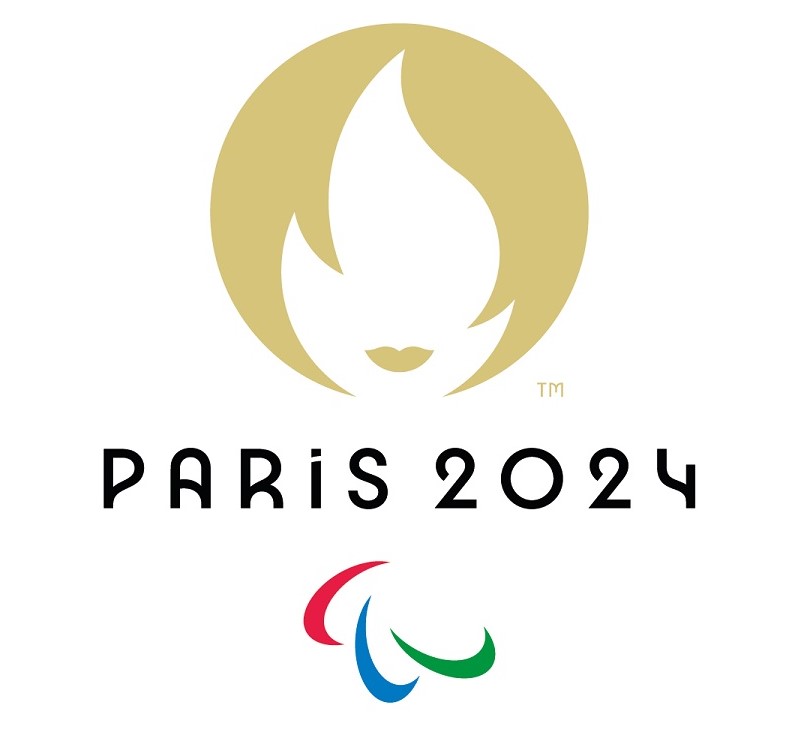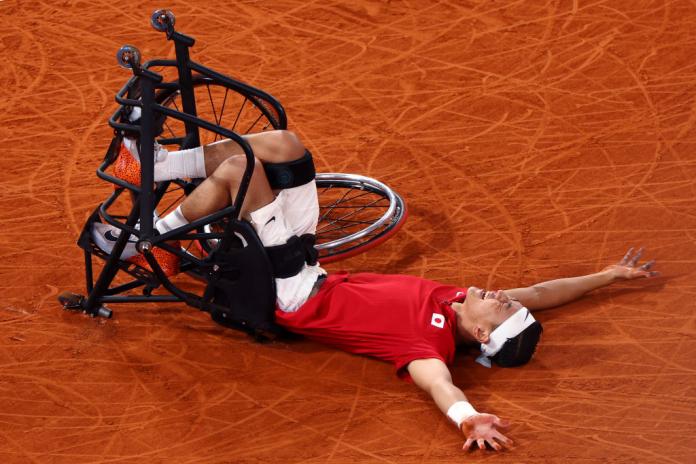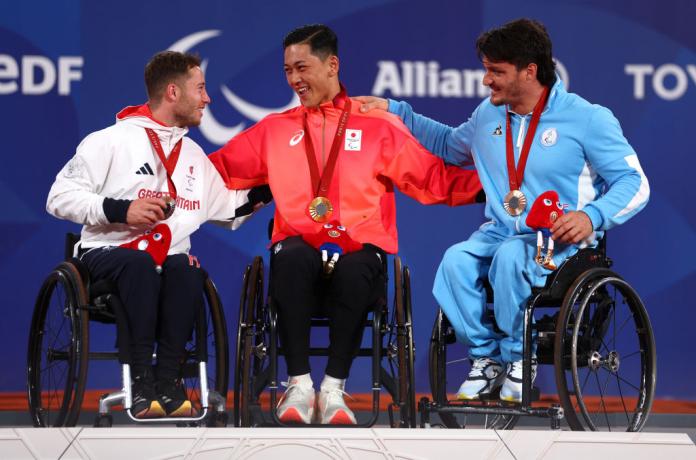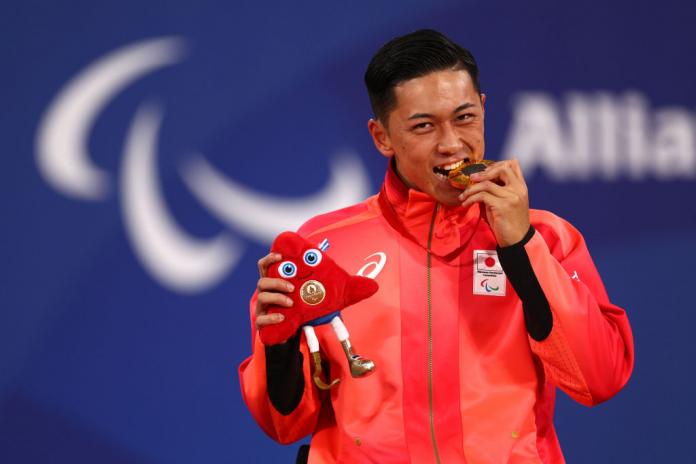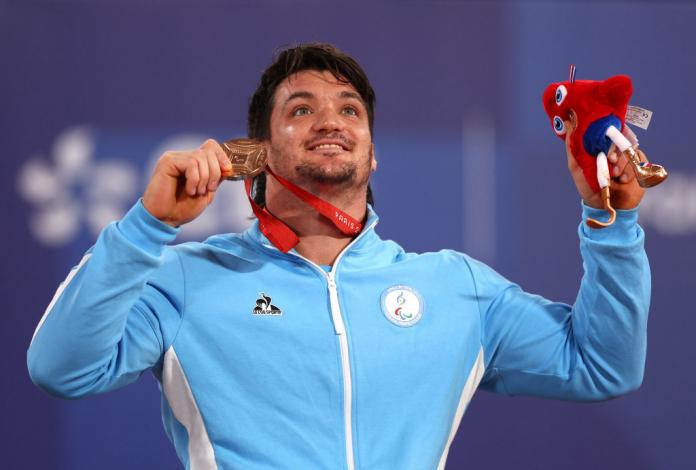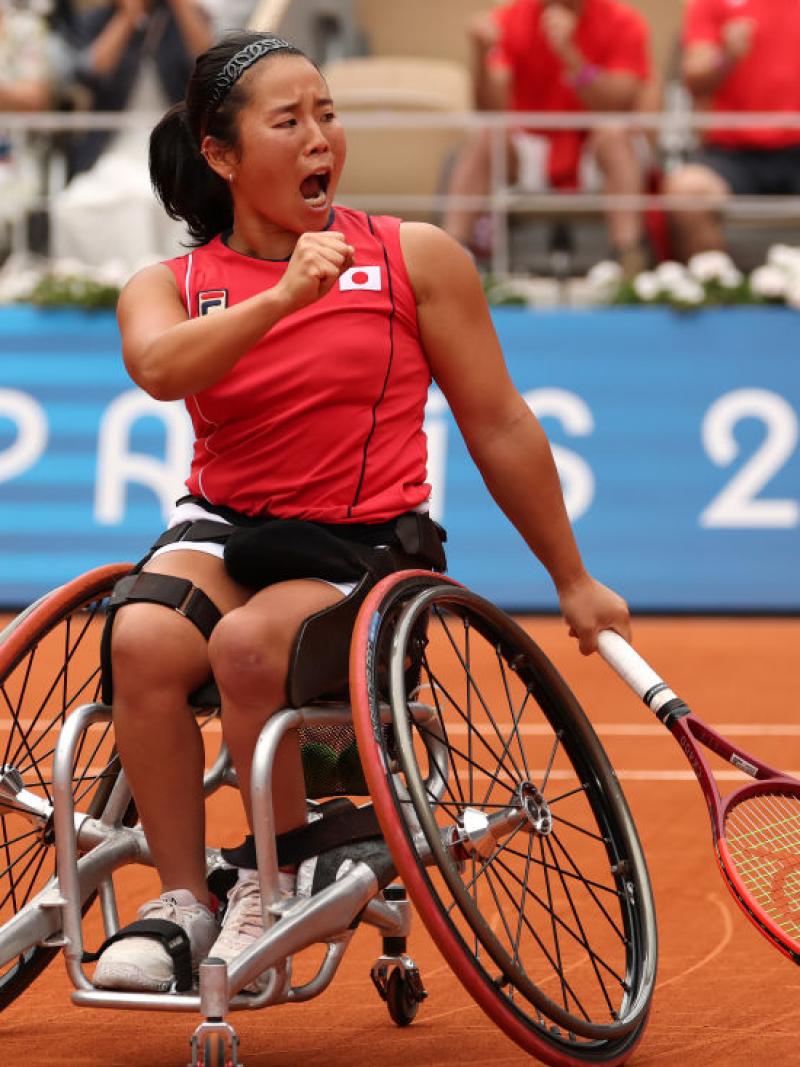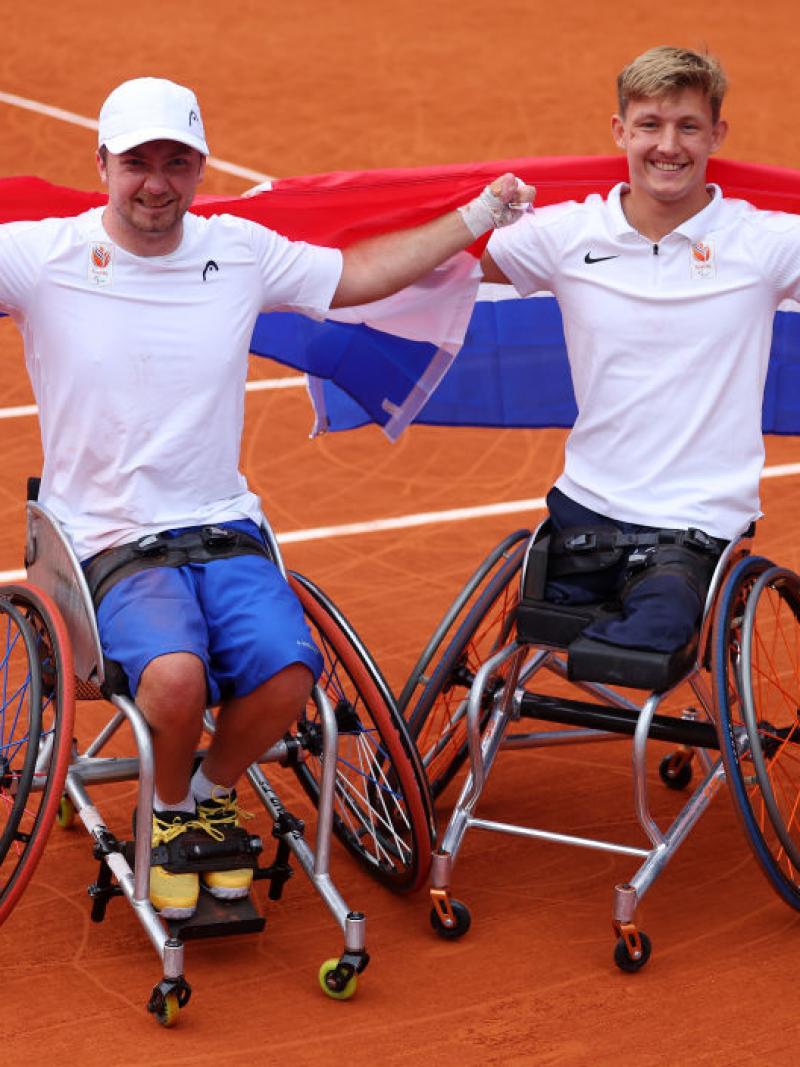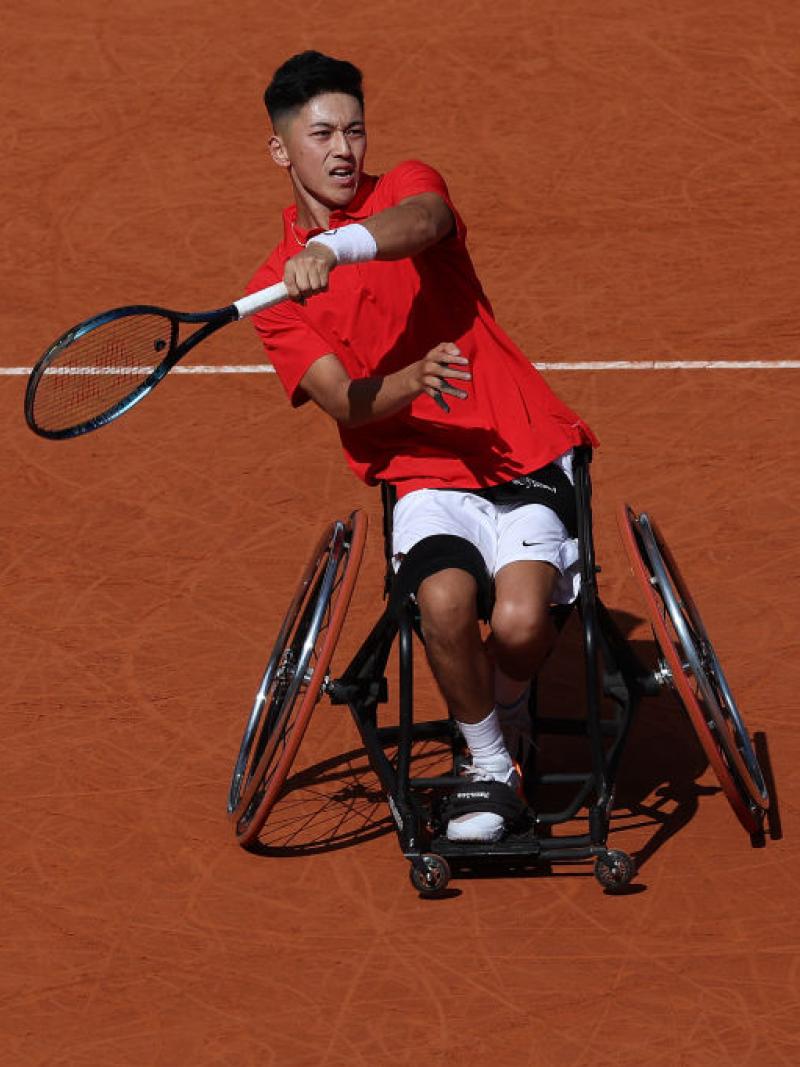Paris 2024: Tokito Oda continues writing history with Paralympic gold
Japanese becomes the youngest Paralympic wheelchair tennis men’s singles champion after beating world No. 1 Alfie Hewett in a dramatic final 07 Sep 2024
The gold medal match between Alfie Hewett and Tokito Oda will go down as one of the most dramatic Paralympic finals in wheelchair tennis history. Everything came down to the very end in the men’s singles tournament at the Paris 2024 Paralympic Games.
With the score tied five games apiece in the third set, Japanese teenager Oda raised his arms to urge the crowd to get loud. He took a breath to let the support settle in. Then he claimed two straight games to seal the win at Roland Garros.
With the 6-2, 4-6, 7-5 victory over the world No. 1 Hewett, 18-year-old Oda became the youngest Paralympic champion ever in the men’s singles. Then he took the wheels from his wheelchair and dove onto the court.
“I just think I’m so cool - I think I can get away with saying this today,” the teenage star told a large group of Japanese reporters. “It made me realise that I was born for this moment.”
“I was having so much fun during the match and I was smiling. It was the most fun I had.”
Alongside childhood heroes
Named after the Arc de Triomphe in Paris, Oda has said the French capital is a special place for him. He won back-to-back French Open at Roland Garros before his maiden Paralympic gold.
Taking the podium with silver medallist Hewett and bronze medallist Gustavo Fernandez of Argentina was a special moment for the teenage star. Oda met Hewett for the first time when he was still in elementary school.
“The fact that Gustavo and Alfie were next to me on the podium made me really emotional. They are both players who I tried to imitate when I was growing up. I am so good at copying their playing styles.
“I developed my backhand after watching Gustavo’s backhand shots,” he said. “I remember practicing with Alfie, thinking ‘Wow, this is Alfie’ when I met him for the first time. And now they were next to me, and I was in the centre. I have no words to describe it.”
Hewett took a medical timeout and struggled in the first set. But he came back strong, earning match point at 5-3 in the third set.
“I have obviously mixed emotions right now,” Hewett said. “To make it competitive in the second set and grow into the match and fight and find a way and then get to a match point scenario and be a few inches away from getting a gold is something that I can be proud of.
“The spirit of how it was played and the atmosphere of that is so positive. It was a once-in-a-lifetime sort of experience. But obviously, deep down, to be one point away and miss that opportunity will stick with me. You just don’t move on from something like that overnight.”
From teenage sensation to teenage star
Oda was diagnosed with bone cancer when he was nine and underwent treatment and surgery. While he was in hospital, he watched a video of wheelchair tennis legend Shingo Kunieda playing in the men’s singles final at the London 2012 Paralympic Games.
“Shingo is everyone’s legend, for me and for everyone. I wanted to be like him, but I have my own journey too. I just tried to be my own player,” said Oda, who has been dubbed as Kunieda’s successor.
At Roland Garros, he was playing in front of Kunieda, who was commentating on the match.
Kunieda said, “He can enjoy the atmosphere, any situation, even when he’s facing a high-pressure point. That was the key to winning this match.
“I’m very surprised at the level of the final, it was so high. I think it’s the best match in Paralympic history.”
First medal for South America
Earlier in the day, Fernandez defeated Spain’s Martin de la Puente in the bronze medal match to become wheelchair tennis’ first Paralympic medalist from South America.
“I’m just happy that I got to win this, and I got to win the medal for Argentina and all the people who have supported me,” Fernandez said after his 6-1, 6-2 win. “It was an amazing moment.”
Fernandez, who was playing his fourth Games, had taken time off from the court for a few months due health issues. He said it meant the world to him to have his family courtside, watching him make history after such a difficult experience.
“I’m very thankful for my family and all the people who were with me during the process because it was a very tough process. All that toughness is what makes it more special,” he said. “It was priceless.”




